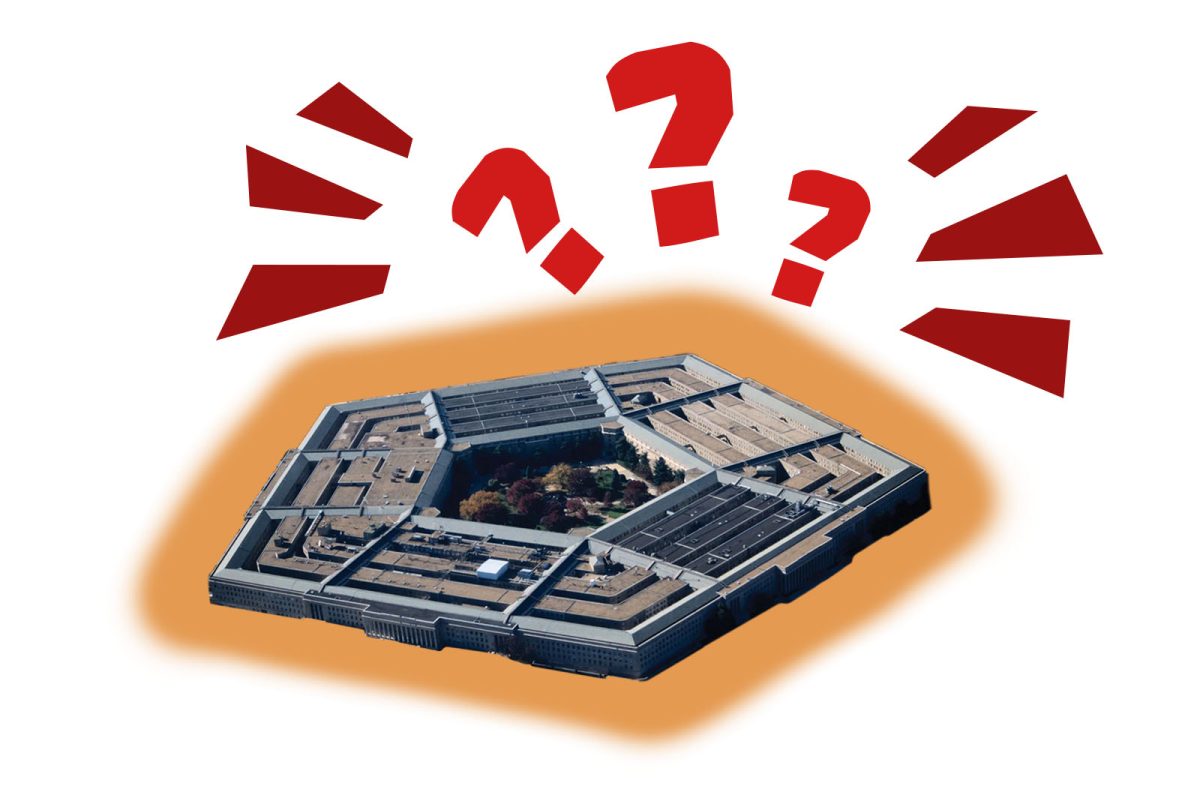Living on campus, it is easy for students to get caught up in the University bubble. We might profess a dedication to being world citizens, but when you have 16 hours of credit and multiple extracurricular commitments, checking and understandting the news quickly takes a lower precedence on the priority list.
This week, the president of Palestine, Mahmoud Abbas, and his cohorts will be presenting to the U.N. their proposition for statehood.
The leadership of Palestine is taking a real gamble with this proposition because they want full statehood and membership in the U.N. — or nothing at all.
The Palestinians are not interested in being honorary members, or anything of that sort. The plan is to use the momentum from the Arab Spring movements, the 18 and counting protests that have occurred in the Arab World since Dec. 2010, to try and improve their chances of popular support from the people of Palestine, and from those around the world.
Unfortunately for the Palestinians, there have been some members in the U.N. that have already pledged to use their veto against the Palestinian proposition. In particular, the United States and Israel have outwardly expressed their intentions to restrict Palestinians from obtaining statehood.
This is disheartening.
The Palestinians are advocating a completely non-violent demonstration and campaign for statehood. They realize that if violence were to break out, all hope would be lost.
When looking at the U.S., it is easy to see the hypocrisy in their advocacy for the underdog or underserved, when they try to deny Palestine sovereignty. The economic ties of U.S. to Israel seem to be a little too obvious a reason why the U.S. will use their veto in the upcoming vote.
Israel obviously does not want a part of their country to secede and become sovereign, giving them ample reason to oppose the Palestinian proposition. They could be looking at the possible tensions that would arise if Palestine were to become independent.
The U.S. sees itself as a peacekeeping force, and allowing for something that could potentially turn violent, without stopping it early, only hurts the U.S. in the long run.
I am still ashamed of the actions the U.S. plans to take because I feel it is a humanitarian right to be able to gather and dictate authority over oneself, especially when an entire nation is forced to live in refugee camps.
In other news, last week, near Nairobi, Kenya, at approximately 9 a.m., an oil pipeline burst, unleashing free gasoline to anyone with a bucket. Naturally, people came from miles away to try and gather some of the free gas. It seems that those who are routinely beaten down experience some of the worst unexpected catastrophes.
After the pipeline burst, the wind soon switched directions and embers from the nearby trash fires quickly ignited the free flowing gasoline. The explosion that occurred killed approximately 100 men, women and children. The explosion left a scene that resembled the war torn “no man’s land” in between trenches during World War I.
A catastrophe like this is completely unheard of in places like the U.S. and Europe, but this has happened before in Kenya. In 2009, a similar explosion killed 113 innocent Kenyans, who were trying to make life a little easier for themselves.
It is hard to put into words the immense amount of suffering the average Kenyan experiences on a daily basis. As one Kenyan put it, quoted in a New York Times article on Sept 13, 2011, “It’s dangerous, but that’s how life is here.”
When the situation is looked at critically, poverty is at the root of the devastation this explosion caused.
If the people did not feel the need to gather as much gasoline as possible to survive, the casualties would not have been so high. If there was a sanitation system that worked properly, there would be no reason for the burning of trash and embers to ignite the gasoline.
Unlike politics, there are not two sides to the story when it comes to poverty. There are the greedy that exploit the “have-nots,” leaving them in a slum without a single amenity, basic or not.
Stewart Heatwole is a sophomore in the College of Education and Public Services.











Jonathan Gold • Oct 5, 2011 at 3:49 pm
The U.S. is not opposed to the Palestinian state. They are opposed to the Palestinian state being achieved in this unilateral manner. The U.S., and Israel, has long been in favor of a “two state solution”. However, a peaceful two state solution cannot be achieved by any means except negotiations between the two sides. Any state that is created without both sides consent would lead to further unnecessary conflict.
The borders the Palestinians currently seek are completely indefensible for the Israeli people. They leave Israel, in its center, just a few miles wide,easily vulnerable to being split in two and destroyed by its enemies.
Your essay seems to grant credence to the Palestinian bid for statehood because they are engaging in non-violent means. However, at its core, this move simply stokes more tensions between the two sides, when what they need to be doing is negotiating with each-other.